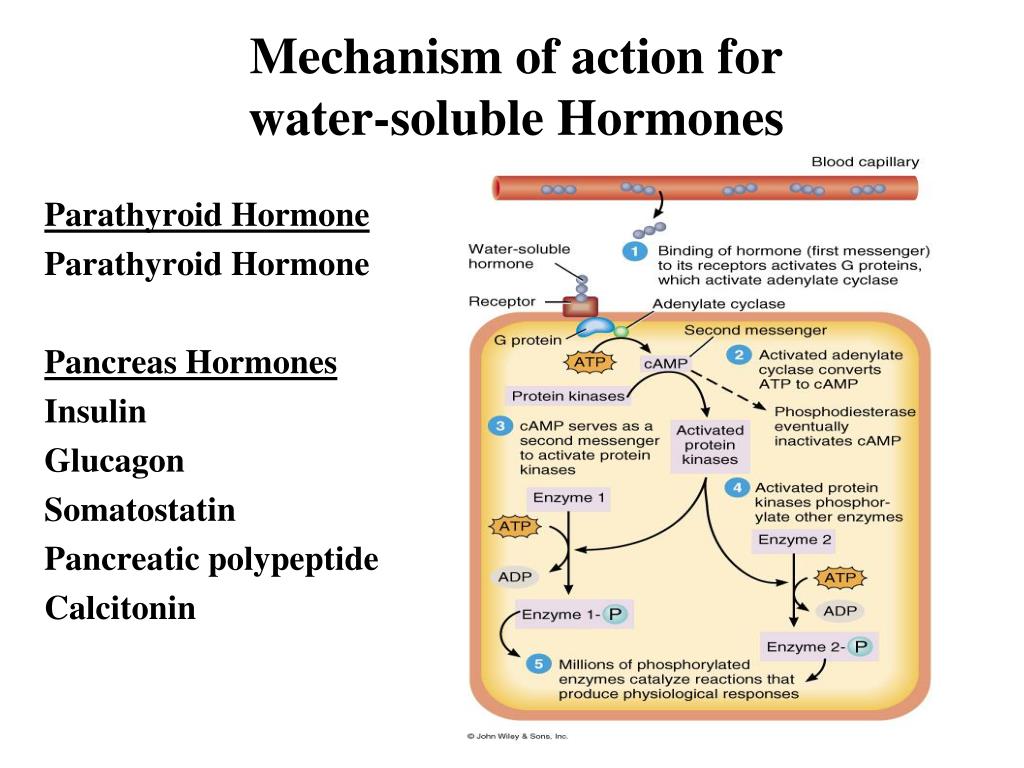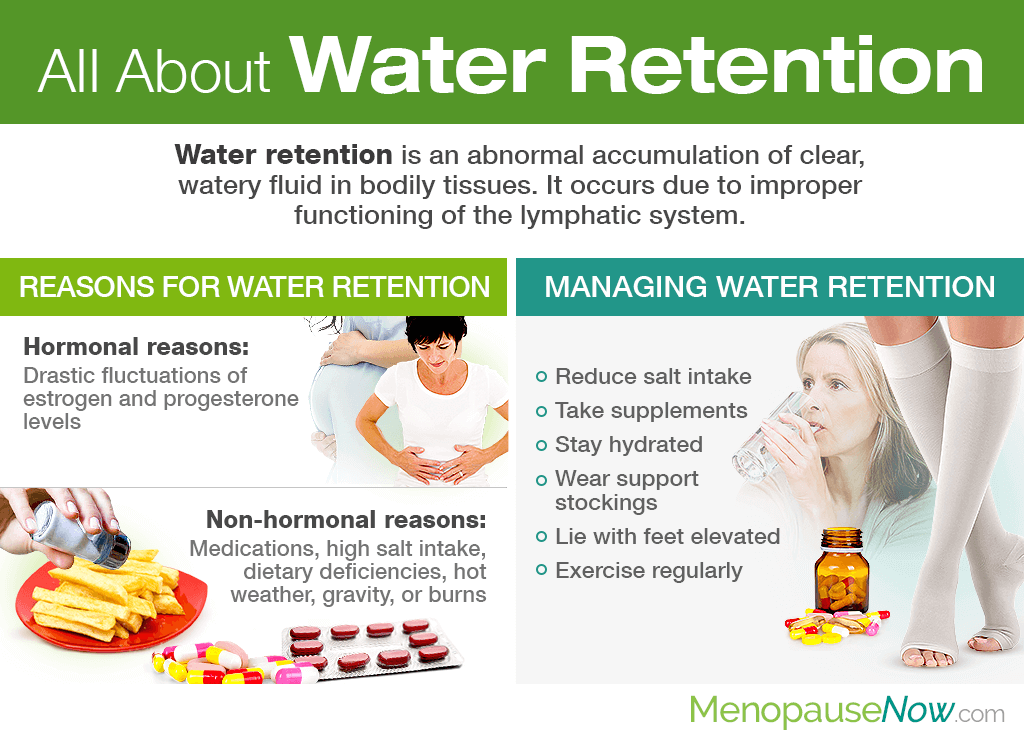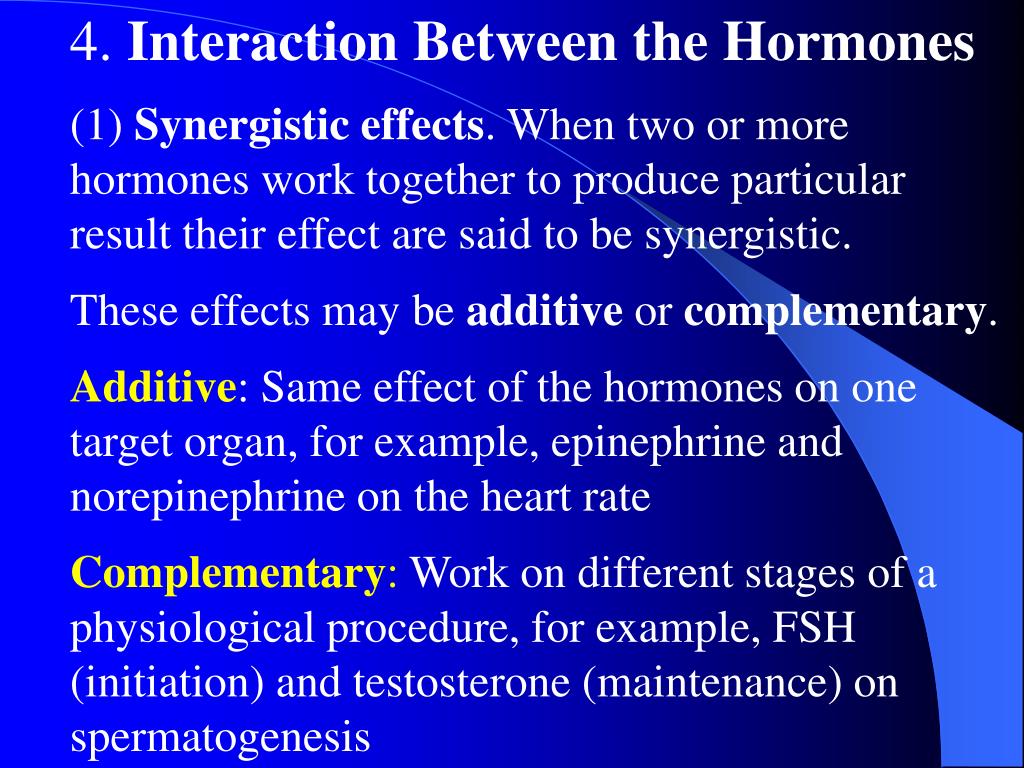Which Hormones Work Synergistically To Retain Water

Imagine stepping out of a refreshing shower on a hot summer day. You feel hydrated, revitalized, and ready to tackle the day. But sometimes, despite drinking plenty of water, that feeling of lightness is replaced by a sense of bloating and puffiness. It's as if your body is clinging to every last drop, creating an internal reservoir you didn't ask for.
This feeling, often attributed to water retention, is a complex physiological process orchestrated by a delicate interplay of hormones. While often viewed negatively, water retention is a crucial function designed to maintain fluid balance and support essential bodily processes. Understanding the hormonal symphony behind it can empower us to make informed choices about our health and well-being.
The primary hormones working synergistically to regulate water balance are Antidiuretic Hormone (ADH), also known as Vasopressin, Aldosterone, and to a lesser extent, atrial natriuretic peptide (ANP). These chemical messengers, released from various glands, act on the kidneys to either conserve or excrete water and electrolytes, maintaining a delicate equilibrium essential for life.
The Main Players in Water Retention
Antidiuretic Hormone (ADH) - The Water Conserver
ADH, produced by the hypothalamus in the brain and released by the pituitary gland, is the body's primary water conservation hormone. Its release is triggered by increased blood osmolarity (concentration of solutes) or decreased blood volume.
Think of it like a sensor detecting dehydration. When the brain senses that your body is becoming dehydrated, ADH acts directly on the kidneys.
Specifically, it increases the permeability of the collecting ducts in the kidneys, allowing more water to be reabsorbed back into the bloodstream instead of being excreted as urine. This results in more concentrated urine and less fluid loss.
The effect is like adding more holes into the dam, increasing the amount of water that flows back into the reservoir. This process prevents dehydration and maintains blood pressure.
Aldosterone - The Sodium and Water Balancer
Aldosterone, a steroid hormone produced by the adrenal glands, plays a crucial role in regulating sodium and potassium levels, which in turn affects water balance. Its primary function is to increase sodium reabsorption in the kidneys.
Where sodium goes, water follows. When aldosterone stimulates sodium reabsorption, water passively follows along, moving from the kidney tubules back into the bloodstream. This increases blood volume and blood pressure.
The release of aldosterone is triggered by several factors, including low blood pressure, low blood sodium levels, and high blood potassium levels. The renin-angiotensin-aldosterone system (RAAS) plays a central role in regulating aldosterone secretion.
When blood pressure drops, the kidneys release renin, which initiates a cascade of events that ultimately lead to the production of angiotensin II. Angiotensin II stimulates the adrenal glands to release aldosterone.
Atrial Natriuretic Peptide (ANP) - The Counterbalance
ANP, secreted by the heart in response to increased blood volume or pressure, acts as a counterbalance to ADH and aldosterone. It promotes sodium and water excretion in the kidneys, helping to lower blood volume and pressure.
ANP inhibits the release of renin, aldosterone, and ADH, effectively reducing sodium and water reabsorption. It also dilates blood vessels, further contributing to lower blood pressure.
While not directly involved in promoting water retention, ANP plays a crucial role in preventing excessive water retention by counteracting the effects of ADH and aldosterone.
Synergistic Action: A Hormonal Orchestra
The true magic lies in the synergistic interplay of these hormones. They don't work in isolation but rather communicate and respond to each other, fine-tuning the body's fluid balance with remarkable precision.
For example, during dehydration, both ADH and aldosterone are released. ADH conserves water directly, while aldosterone increases sodium reabsorption, indirectly pulling more water back into the bloodstream.
This combined action ensures that the body retains as much fluid as possible to maintain blood pressure and support vital functions. Conversely, when blood volume is high, ANP steps in to promote water and sodium excretion, preventing fluid overload.
Various factors can disrupt this delicate hormonal balance, leading to either excessive water retention or dehydration. Conditions like heart failure, kidney disease, and liver disease can impair the body's ability to regulate fluid balance effectively.
Certain medications, such as nonsteroidal anti-inflammatory drugs (NSAIDs) and some antidepressants, can also affect hormone levels and contribute to water retention. Additionally, dietary factors, such as high sodium intake, can exacerbate water retention by increasing aldosterone secretion.
Practical Implications and Management
Understanding the hormonal basis of water retention can empower individuals to make informed choices about their health and lifestyle. While some water retention is normal, excessive or persistent water retention can be a sign of an underlying medical condition that requires attention.
Adopting a balanced diet with moderate sodium intake, staying adequately hydrated, and engaging in regular physical activity can all help support healthy fluid balance. Some foods, such as those rich in potassium and magnesium, may also help reduce water retention by promoting sodium excretion.
Potassium helps regulate fluid balance by counteracting the effects of sodium, while magnesium plays a role in ADH regulation. Consulting with a healthcare professional or registered dietitian can provide personalized guidance on managing water retention based on individual needs and circumstances.
It's important to remember that water retention is a complex issue with various contributing factors, and a one-size-fits-all approach is unlikely to be effective. If you experience persistent or concerning water retention, seeking medical advice is essential to rule out any underlying medical conditions and receive appropriate treatment.
Beyond the Physical: The Psychological Impact
The impact of water retention extends beyond mere physical discomfort. The feeling of bloating and puffiness can significantly affect self-esteem and body image, leading to feelings of self-consciousness and anxiety.
In a society that often equates thinness with health and beauty, water retention can be particularly distressing. It's important to cultivate a healthy relationship with your body and recognize that fluctuations in fluid balance are a normal part of life.
Focus on nourishing your body with wholesome foods, staying active, and practicing self-compassion. Remind yourself that your worth is not defined by your weight or appearance.
Understanding the underlying hormonal processes can help you approach water retention with greater awareness and self-acceptance. It’s about recognizing that our bodies are constantly working to maintain equilibrium, and sometimes that process manifests in ways we may not always appreciate.
Conclusion: Embracing the Body's Wisdom
The intricate dance of ADH, aldosterone, and ANP highlights the remarkable complexity and adaptability of the human body. These hormones work synergistically to maintain fluid balance, a vital function for overall health and well-being.
By understanding the hormonal orchestra behind water retention, we can gain a deeper appreciation for the body's innate wisdom and make informed choices to support its optimal functioning. It's not about fighting against our bodies but rather working in harmony with them to achieve balance and vitality.
So, the next time you feel a little bloated, remember the intricate hormonal processes at play. Embrace the body's natural rhythms, and focus on nurturing yourself from the inside out.


+both+help+increase+volume+of+fluid+in+body+to+raise+blood+pressure..jpg)




+both+help+increase+volume+of+fluid+in+body..jpg)










